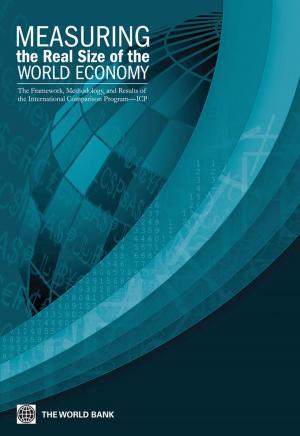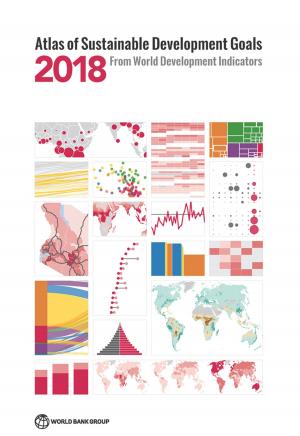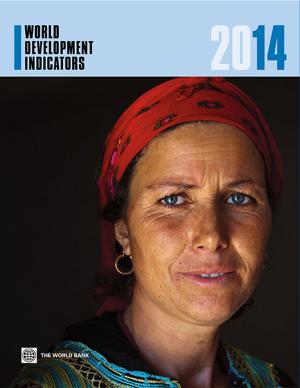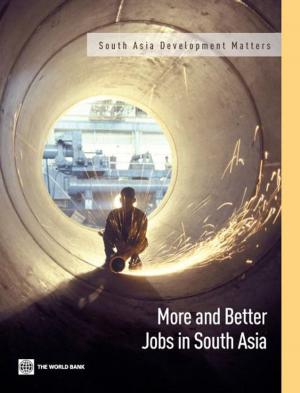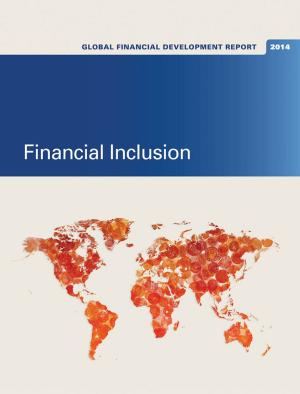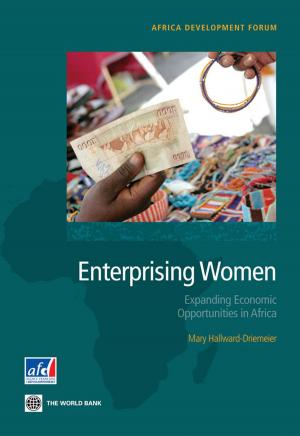Securing Development
Public Finance and the Security Sector
Business & Finance, Economics, Public Finance, Nonfiction, Social & Cultural Studies, Political Science, Politics, Law Enforcement, International, International Security| Author: | ISBN: | 9781464807671 | |
| Publisher: | World Bank Publications | Publication: | March 1, 2017 |
| Imprint: | World Bank Publications | Language: | English |
| Author: | |
| ISBN: | 9781464807671 |
| Publisher: | World Bank Publications |
| Publication: | March 1, 2017 |
| Imprint: | World Bank Publications |
| Language: | English |
Securing Development: Public Finance and the Security Sector highlights the role of public finance in the delivery of security and criminal justice services. This book offers a framework for analyzing public financial management, financial transparency, and oversight, as well as expenditure policy issues that determine how to most appropriately manage security and justice services. The interplay among security, justice, and public finance is still a relatively unexplored area of development. Such a perspective can help security actors provide more professional, effective, and efficient security and justice services for citizens, while also strengthening systems for accountability. The book is the result of a project undertaken jointly by staff from the World Bank and the United Nations, integrating the disciplines where each institution holds a comparative advantage and a core mandate. The primary audience includes government officials bearing both security and financial responsibilities, staff of international organizations working on public expenditure management and security sector issues, academics, and development practitioners working in an advisory capacity.
Securing Development: Public Finance and the Security Sector highlights the role of public finance in the delivery of security and criminal justice services. This book offers a framework for analyzing public financial management, financial transparency, and oversight, as well as expenditure policy issues that determine how to most appropriately manage security and justice services. The interplay among security, justice, and public finance is still a relatively unexplored area of development. Such a perspective can help security actors provide more professional, effective, and efficient security and justice services for citizens, while also strengthening systems for accountability. The book is the result of a project undertaken jointly by staff from the World Bank and the United Nations, integrating the disciplines where each institution holds a comparative advantage and a core mandate. The primary audience includes government officials bearing both security and financial responsibilities, staff of international organizations working on public expenditure management and security sector issues, academics, and development practitioners working in an advisory capacity.

